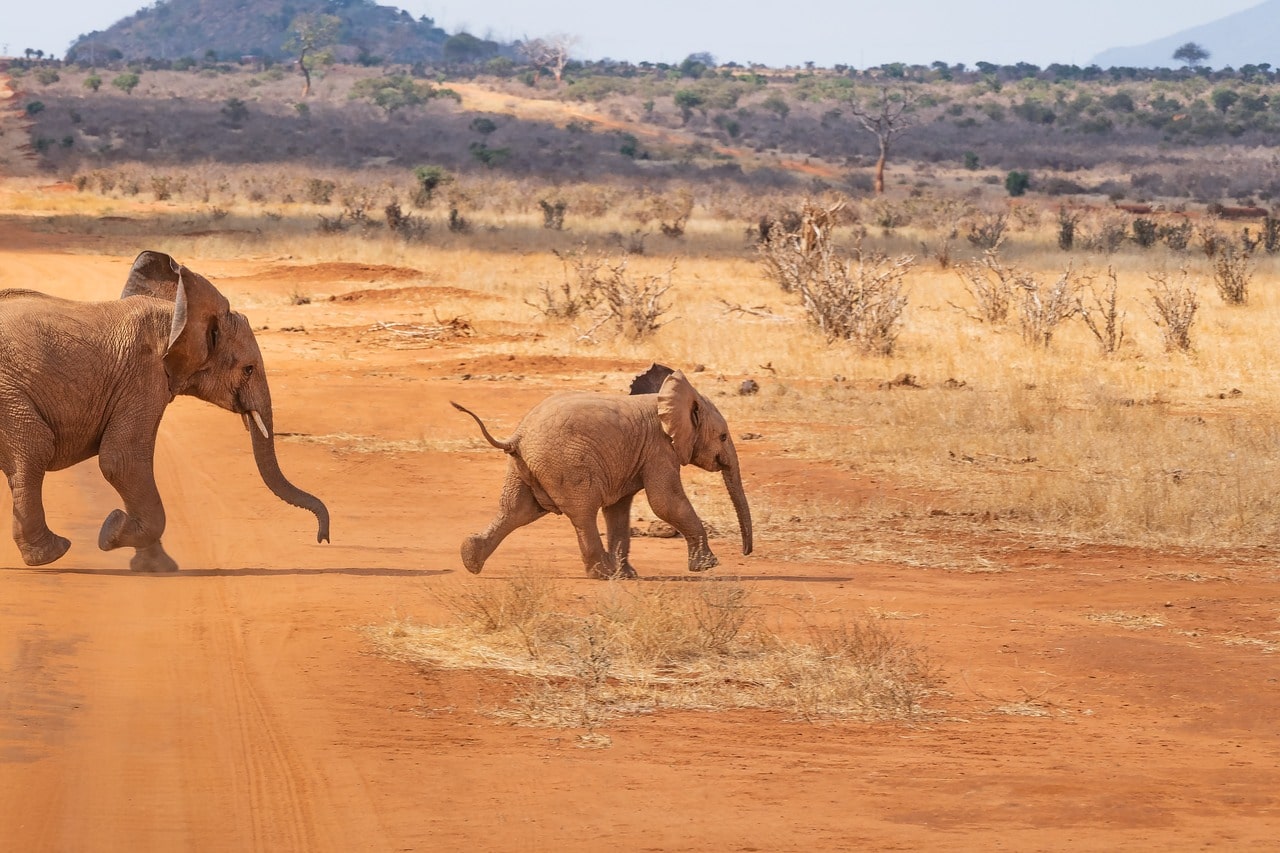
Harry Fischer, Associate Professor, and Senior Lecturer, Department of Urban and Rural Development, Swedish University of Agricultural Sciences (SLU), tells about the importance of including local and Indigenous communities in ecosystem restoration approaches. These communities depend highly on nature-based resources for their livelihood and have extensive, traditional knowledge about nature conservation.
Broad brush characterization of areas as ready for restoration (as seen in Strassburg et al. 2020) could result in compromises for people’s food security and undermining of democratic processes.
Similar to the situation in big pushes to capture spaces under the 30 x 30 initiative, restoration activities need to consider existing land-use practices or legal rights of people, should they wish to not risk undermining livelihoods and food security, displacing people from their lands, creating human-rights abuses and compromising long-term conservation benefits — including dispossession of Indigenous people’s places.
Biodiversity and carbon storage potential cannot be delivered without considering the well-being and rights of people who live in areas identified as restoration priorities. The authors argue that maps and analysis by Strassburg et al. 2020 should not be used by policy-makers, because of these risks to marginalized people — in a similar vein to the arguments for decolonizing ideologies for delivery of protected areas.
